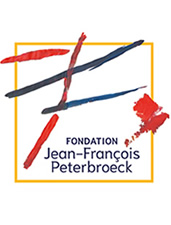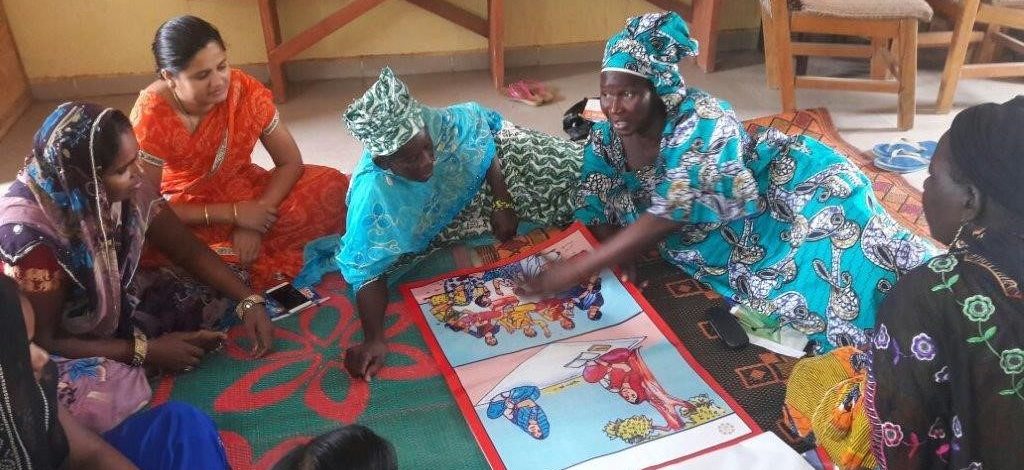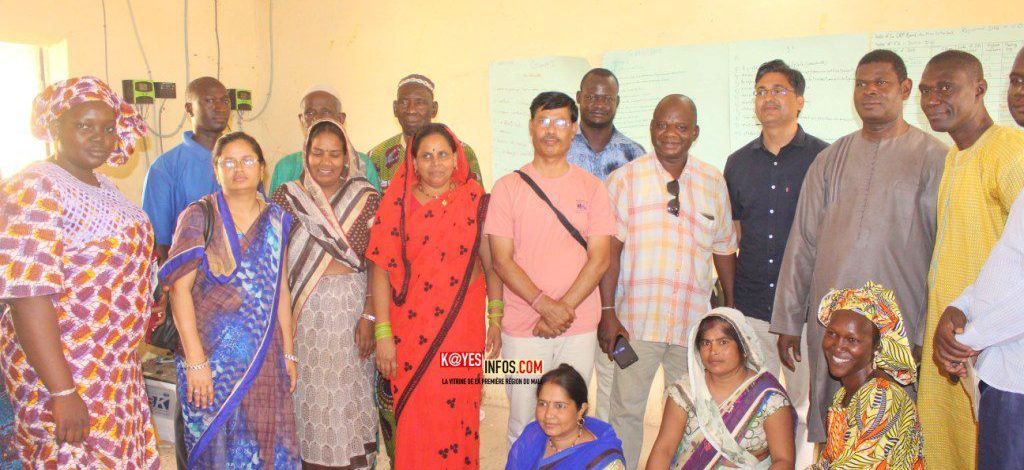Support for women’s solidarity groups
South-South exchange between India & Mali
Context
In 2005, Camide started to research and test models of solidarity groups. In 2010, a model was developed that aimed to create stronger groups by engaging women in solving socio-economic and environmental problems. This resulted in the creation of the Aliniha network, a network of women’s organisations around Kayes, Mali. However, weak leadership, limited management capacity, lack of internal capital and low trust of women in their group showed that much assistance and support was needed to make the model work.
In 2016, to help address these issues, a group of Aliniha women and Camide’s technical support staff went on an exchange trip to northwest India to learn best practices from a solidarity group. In Dholpur (Eastern Rajasthan), in a region facing environmental and socio-economic problems remarkably similar to their own Sahel region, they were inspired by the Manjari Foundation’s solidarity group network. Manjari’s methodology is particularly interesting as it addresses the main challenges of the Aliniha model mentioned above. At the beginning of 2018, 50 solidarity groups (“YƐRƐDƐMƐ”) had been set up using Manjari’s methodology and were being monitored by the Camide team.
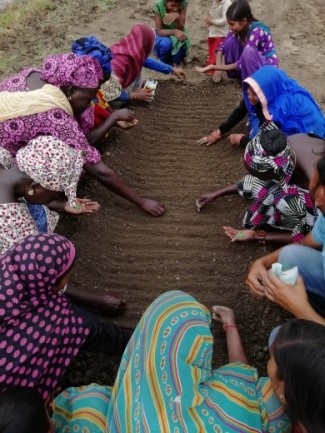
Beneficiaries
In 2018, the direct participants in the exchange mission to India were 7 Malian women, members of the village organisations of the Aliniha network, and 5 CAMIDE technicians.
As of April 2019, there were a total of 1,500 women who were direct beneficiaries of the support, grouped in 106 YƐRƐDƐMƐ groups.
More globally, all the communities in the villages of Logo, Mali benefit from this enriching exchange of experiences.
Objective
Objectif
Results
The 2018 mission was a success and allowed a group of 18 Malians to meet their counterparts within the Manjari Foundation.
Following the study trip, new economic sectors are being developed in Logo, Mali, including poultry and onion farming. An action-research methodology should make it possible to validate models developed by the stakeholders themselves, influenced by the Indian experiences.
In early 2019, a first replication of YƐRƐDƐMƐ groups was conducted, resulting in the creation of 56 new groups in 6 villages of the same municipality.
Our actions
Belgium
- # Occupationalintegration
The social farm
Belgium
- # SelfConfidence
Citizenship year to build and be built
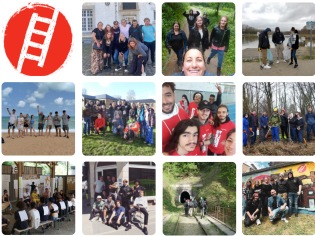
Jordan
- # SelfConfidence
HEALING, RESILIENCE AND PREVENTING EXTREMISM
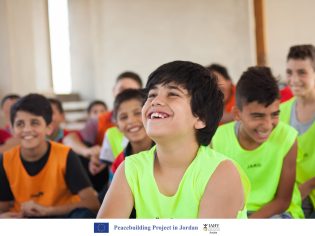
How can you support
our projects?
Support the projects that are close to your heart by making a donation, leaving a legacy or becoming a patron of the Foundation.

